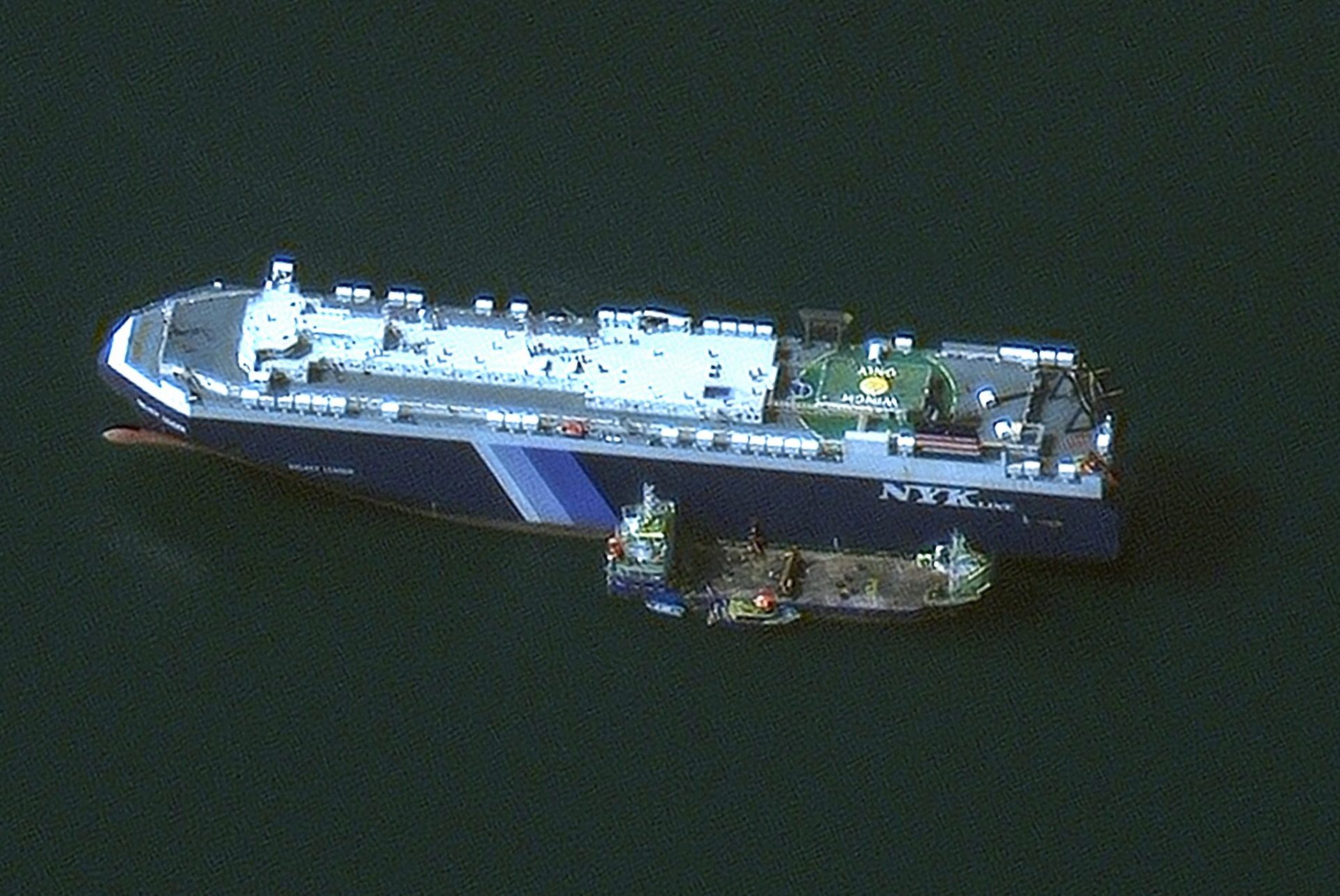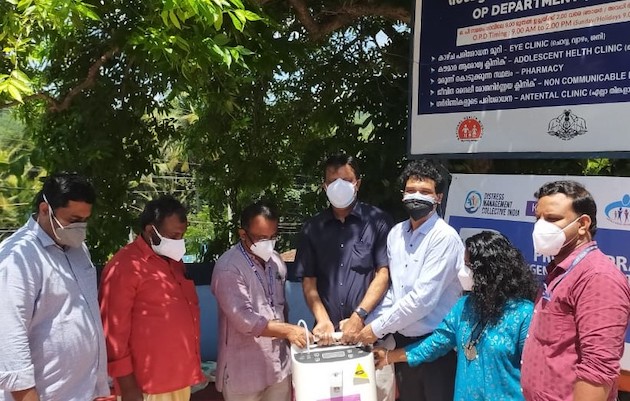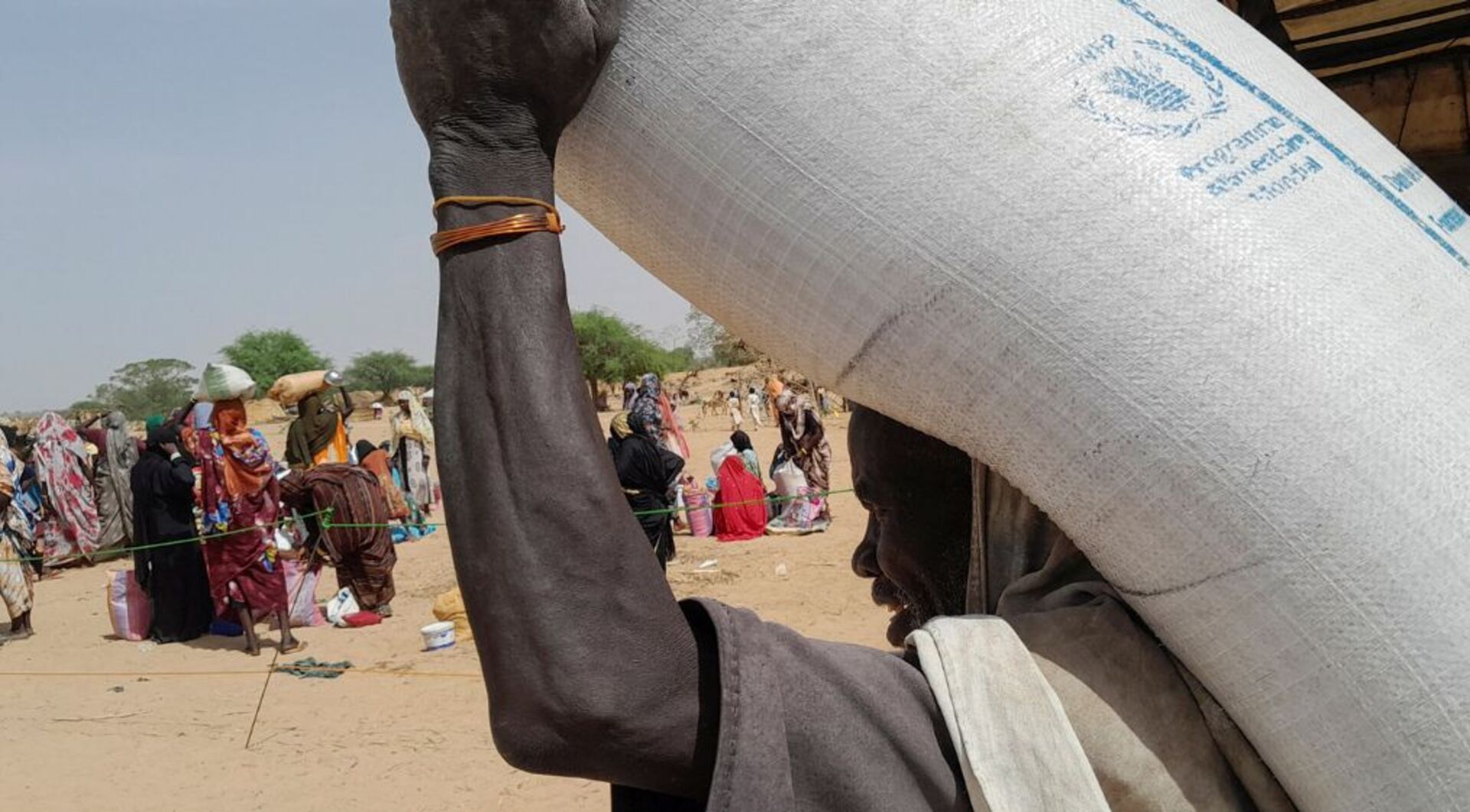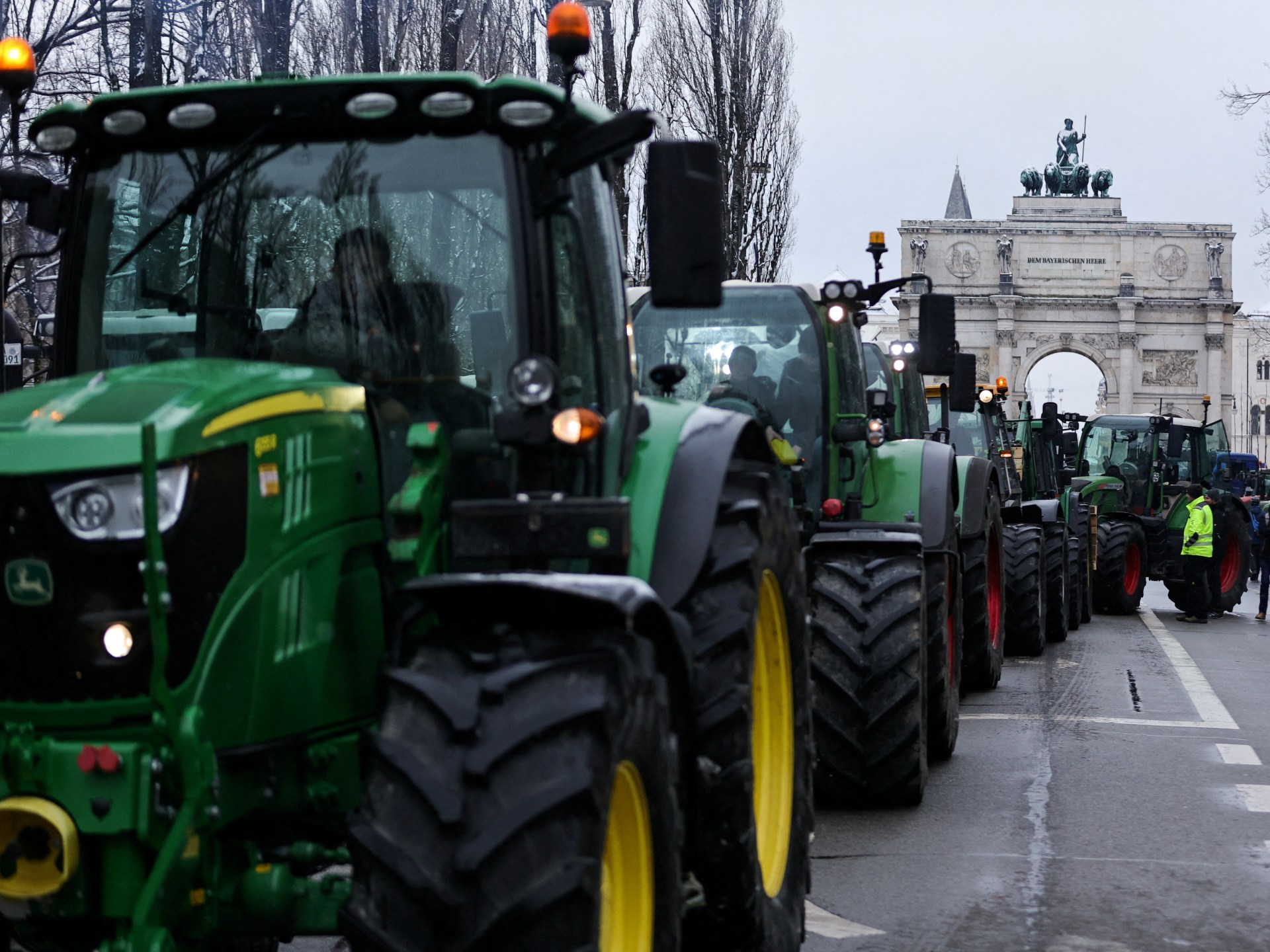How escalating Red Sea crisis poses billions of dollars of risk for India | Shipping News
New Delhi, India – Demand for India’s Basmati, the long-grain aromatic rice, from traditional buyers in the Middle East, the US and Europe has dropped as it has become costly. The reason is the escalating tensions in the Red Sea, the shortest and most efficient trade route for ships moving from Asia to Europe.
Attacks by Iranian-backed Houthis from Yemen on commercial vessels passing through the Red Sea have forced shippers to avoid one of the world’s most crucial trade routes. The alternative longer route around the Cape of Good Hope on the southern tip of Africa has added more than 3,500 nautical miles (6,500km) to the journey and close to a half-month of sailing time to each trip, significantly increasing shipping costs.
Exporting Basmati from India has become a challenge for shippers as freight costs have shot up as high as five times with an increase in insurance premiums, shortage of containers and longer transit time, said, Vijay Kumar Setia, director of Chaman Lal Setia Exports Ltd and former president of the All India Rice Exporters’ of India.
Part of the inventory is lying at various ports or processing units, while some stock is now being sold in the domestic market, resulting in a fall in prices by about 8 percent in the local market.
India, the world’s biggest rice exporter, ships over 4.5 million tonnes of basmati rice out of the country annually. About 35 percent of about 7.5 million tonnes of production is shipped to Europe, North America, North Africa and the Middle East through the Red Sea.
“Buyers are hesitant to take at higher prices,” said Setia. “Some exports are going on, but business isn’t that smooth. We are losing profits because of higher logistic costs.”
Like Basmati, chaos in the Red Sea is disrupting shipments of produce from tea to spices and grapes to buffalo meats from India, resulting in losses to exporters. Similarly, imports of fertilisers, sunflower oil, machinery components and electronic goods to India are getting delayed, raising the risk of higher costs to consumers. This has raised concern that the unrest will lead to supply-chain snarls and contraction of trade, and halt a slowdown in food inflation.
India is heavily reliant on the Red Sea route through the Suez Canal for its trade with Europe, North America, North Africa and the Middle East. These regions accounted for about 50 percent of India’s exports of 18 trillion rupees ($217bn) and about 30 percent of imports of 17 trillion rupees ($205bn) in the year ended March 2023, according to CRISIL Ratings.
Shipments are currently getting delayed by 21-28 days. The crisis could cost the country more than $30bn in exports for the fiscal year ending March, hitting $451bn of exports a year ago by around 6.8 percent, said Sachin Chaturvedi, director-general of the Research and Information System for Developing Countries, a New Delhi-based think tank.
Official estimates of the impact on trade in India will be known when the government releases export and import data around mid-February for January.
Houthi rebels have been carrying out missile and drone attacks on cargo ships in the Red Sea since November, actions they say are in response to Israel’s war on Gaza. Retaliatory strikes to aid the safe movement of ships by a US-led coalition haven’t stopped the Houthi assaults.
Shipping costs rise
To avoid risk, the shipping industry has temporarily suspended Suez Canal transit. The average number of tankers and cargo ships transiting through the Suez Canal had fallen about 46 percent over two months till January 28, while the voyages around Cape of Good Hope have risen 32 percent, according to the International Monetary Fund PortWatch data.
Meanwhile, shipping prices have increased. According to Drewry’s World Container Index, the average price of transporting a 40-feet (12-metre) container on a cargo ship rose 161 percent to $3,964 on January 25 from $1,521 on December 14.
The chaos has brought concern for India. Around half a dozen ships heading toward India or with Indian crews on board have been attacked – allegedly by Houthis or hijacked by armed pirates. In response, India has increased its maritime presence in the Arabian Sea by deploying about a dozen warships.
But the fear is so high that about 25 percent of the outbound shipments transiting through the Red Sea have been held back and roughly 95 percent of cargo ships from India have been rerouted through Cape of Good Hope, said Ajay Sahai, director-general of the Federation of Indian Export Organisations, set up by India’s Ministry of Commerce and Industry.
Imports more expensive, exports hurt
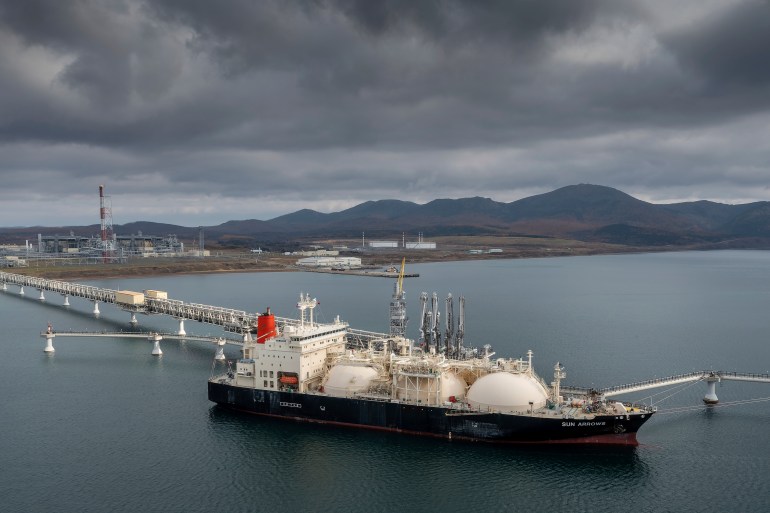
However, there is no disruption in oil flows even as the Red Sea is one of the key routes for oil shipments for India which imports 80 percent of its crude oil needs.
Russia emerged as one of the biggest crude suppliers to India in 2023, accounting for more than one-third of its imports. Unlike other sectors, there is no diversion of Russian vessels carrying crude oil bound for India through the Red Sea, as per S&P Global.
But the supply of sunflower oil has become tight for India, the world’s biggest importer of the vegetable oil. As most of the vessels from Russia and Ukraine are being rerouted through Cape of Good Hope, freight costs have increased by 35 percent and transit time increased by 15 days, said Sandeep Bajoria, CEO of Sunvin Group, a vegetable oil brokerage. Part of the higher costs has been passed to consumers, he said.
Similarly, shipments of fertilisers have been delayed and logistics costs have risen, minister of chemicals and fertilisers, Mansukh Mandaviya, told reporters, adding India will have no shortage of fertilisers critical for the country’s food security as there are adequate reserves.
But the crisis is hurting buffalo meat export. India is one of the major buffalo meat suppliers to the international market. About 60 percent of the country’s shipments go through the Red Sea to countries including North Africa and Russia.
Freight costs have risen three times and shipments are getting delayed for about two to three weeks, said Fauzan Alavi, spokesperson of the All India Meat and Livestock Exporters Association.
Tea exports are also bearing huge losses as logistic costs have gone up by at least 60 percent and transit time doubled, said P K Bhattacharjee, secretary-general of the Tea Association of India.
“Now we are expecting the Red Sea crisis will prolong for a pretty long time,” said Sahai of the Federation of Indian Export Organisations. “If this happens, the supply chain will continue to be disrupted and containing inflation will be delayed.”
The government has set up an interministerial panel to monitor the crisis.
Check out our Latest News and Follow us at Facebook
Original Source

